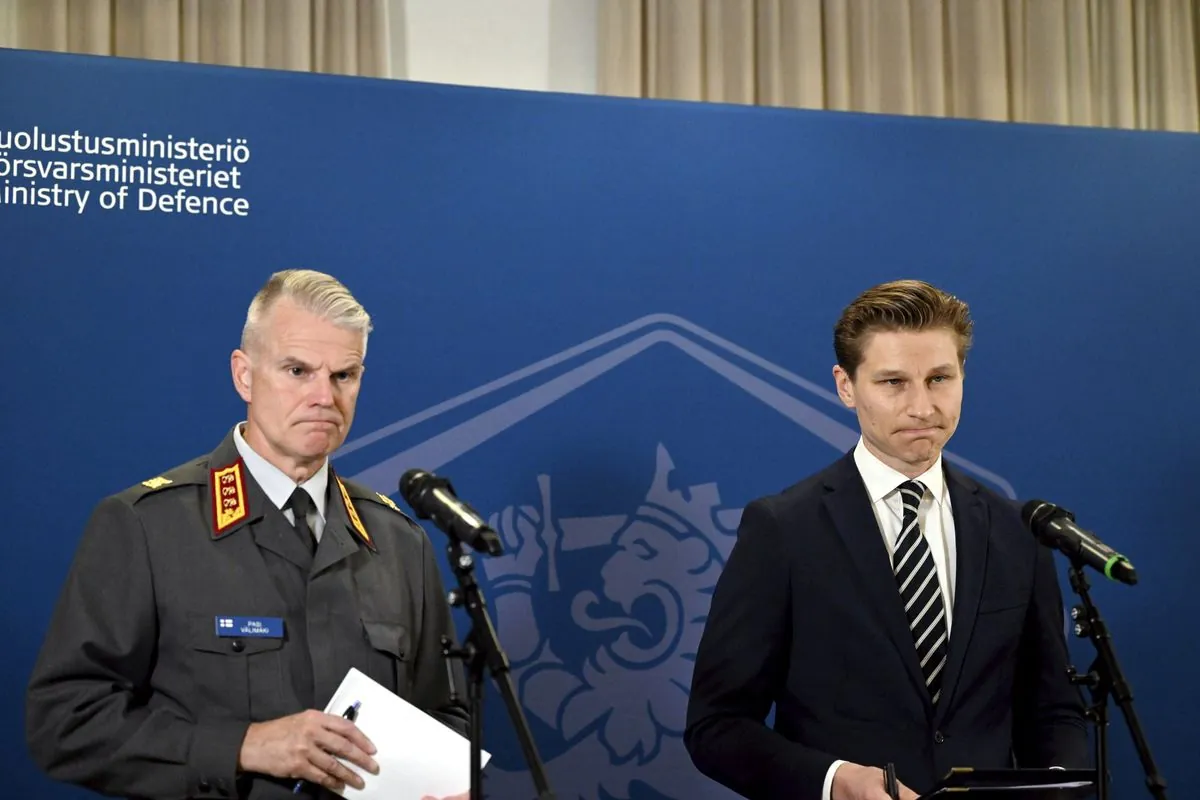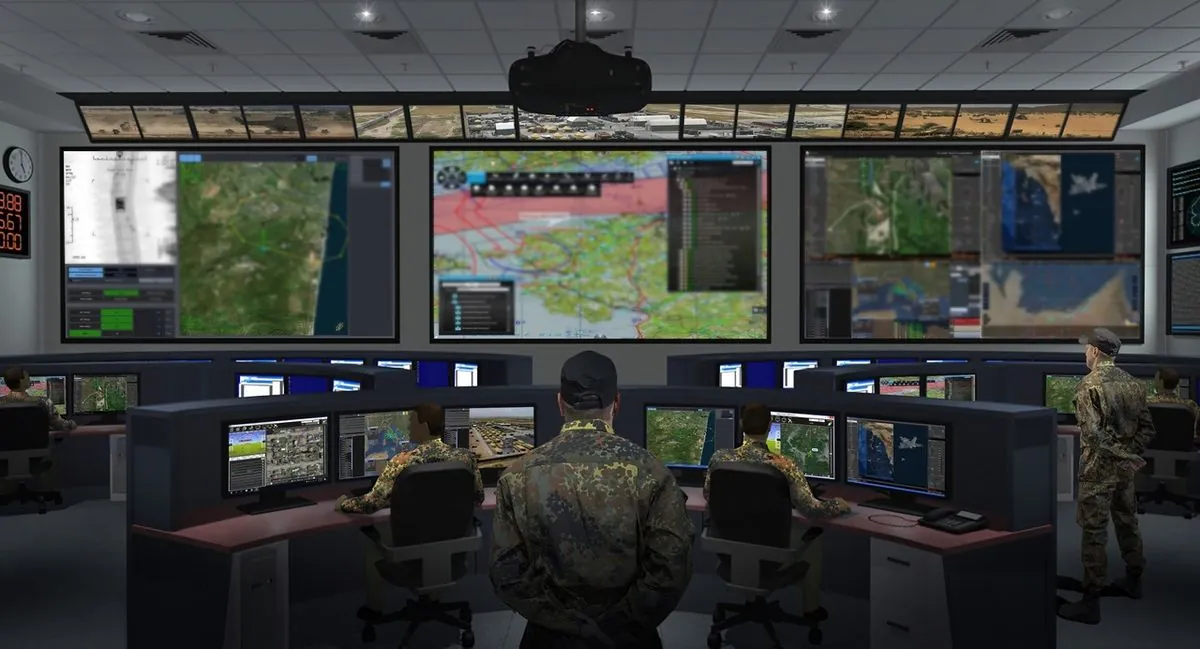NATO to Establish New Land Command in Finland Near Russian Border
NATO plans to set up a new land command in Finland by 2025, enhancing its northern European defense capabilities. The command will be located in Mikkeli, coordinating with Finland's existing military structure.

In a significant development for NATO's northern European defense strategy, the alliance is set to establish a new land command in Finland by 2025. This decision, announced by Finnish Defence Minister Antti Hakkanen on September 27, 2024, marks a crucial step in NATO's evolving presence in the region.
The new command, officially termed the Multi Corps Land Component Command, will be situated in Mikkeli, a city in southeastern Finland approximately 230 km northeast of Helsinki. This location is strategically important, being about two hours' drive from the Finnish-Russian border. Finland shares a 1,340 km border with Russia, making this new command's placement particularly noteworthy.
Antti Hakkanen stated, "We will propose to NATO to establish the command in conjunction with the Army Headquarters in Mikkeli." This decision follows the political consent given by all NATO member states earlier in June. The new command will operate under NATO's U.S.-based Norfolk Joint Force Command and collaborate closely with Finland's existing land force command in Mikkeli.

The establishment of this command comes in the wake of Finland's accession to NATO in 2023, which was prompted by Russia's full-scale invasion of Ukraine that began in 2022. Finland's joining of NATO was remarkably swift, becoming the fastest accession in the alliance's history. This rapid integration reflects the changing security landscape in Europe and NATO's responsiveness to emerging threats.
Initially, the new command will have an annual budget of 8.5 million euros and will be staffed by a few dozen international officials. Its primary task will be to lead NATO's land force operations in northern Europe in the event of a military conflict. The geographic scope of the unit's responsibilities will be determined at a later date, but it will initially focus on overseeing land force operations planning in the Nordic region.
Finland's approach to NATO integration is unique, reflecting its strong national defense capabilities. Unlike some other NATO members, Finland is not seeking a permanent multinational force on its soil. This decision is influenced by the considerable size of Finland's own military forces, which boast a wartime strength of about 280,000 personnel. Finland's defense strategy is built on the concept of "total defence," involving the whole society, and includes mandatory military service for men.
"The geographic scope of the new unit would be decided at a later date but initially it would oversee land force operations planning in the Nordic region."
The Finnish military has a rich history and unique characteristics that contribute to NATO's diverse capabilities. The Finnish Air Force, established in 1918, is one of the oldest in the world. The country's defense strategy also places a strong emphasis on cyber security, recognizing the importance of this domain in modern warfare.
Finland's NATO membership has been complemented by Sweden's recent joining of the alliance in 2024. The two Nordic countries are collaborating closely, with Sweden coordinating visits of foreign NATO troops and international drills in northern Finland. This cooperation enhances NATO's presence and operational capabilities in the region.
Finland's integration into NATO builds upon its long-standing cooperation with the alliance. Since 1994, Finland had been a member of NATO's Partnership for Peace program and has participated in several NATO-led operations. The country consistently meets NATO's guideline of spending about 2% of its GDP on defense.
The establishment of this new NATO command in Finland represents a significant shift in the security architecture of northern Europe. It reflects NATO's adaptive approach to emerging security challenges and Finland's commitment to collective defense. As this new command takes shape, it will play a crucial role in enhancing NATO's readiness and deterrence capabilities in a strategically important region.


































